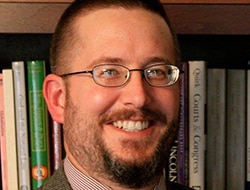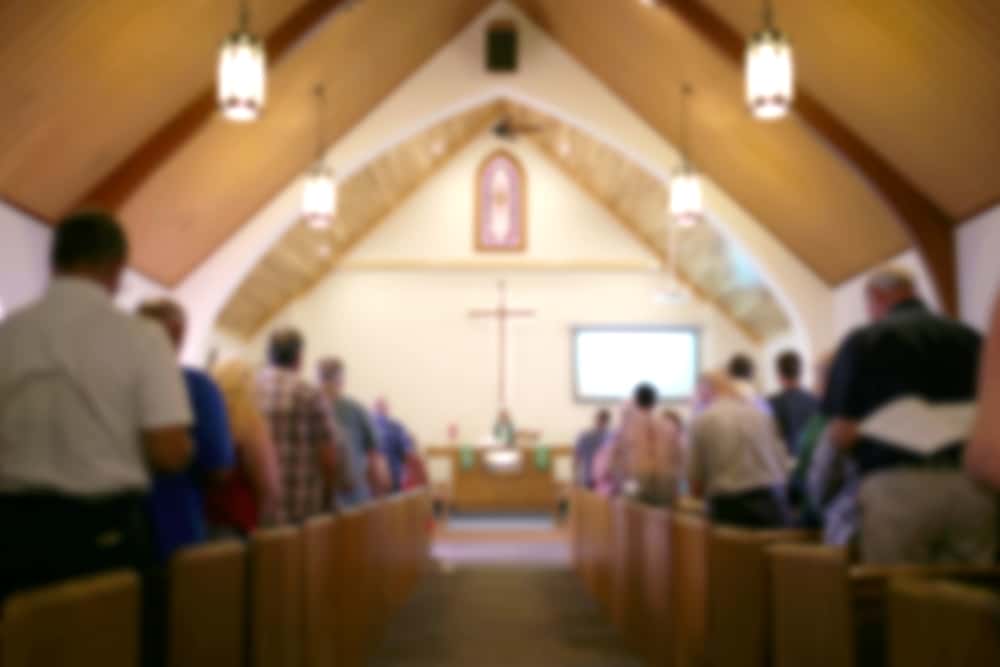
In times of great uncertainty, conspiracy theories abound. That’s true during periods of political unrest, economic upheaval and — most relevant today — crises of public health.
Alessandro Manzoni, as I’ve discussed before, provides in the latter chapters of his novel “The Betrothed” a description of the public reaction in Milan to the plague of 1630 that is not only eerily reminiscent of much of the reaction to the COVID-19 pandemic but also delves into the mindset behind conspiracy theories. The main difference between then and now and here and there is not that the average American in the 21st century is much smarter than the average citizen of Milan in the 17th century, but that back then and in the Catholic culture there people had a better grasp of how central seeking the truth is to what it means truly to be human.
My longtime mentor and friend John Lukacs, a Catholic émigré from Hungary after World War II and the greatest American historian of the 20th century, had no patience for conspiracy theories. To Lukacs, as both a historian and a Catholic, the truth was paramount. All truth partakes of the one Truth — the one who said, “I am the Way, and the Truth, and the Life.”
Because of that, truth can never be merely utilitarian or something that confuses rather than clarifies. Truth isn’t something to be wielded in an argument and then tossed away once the argument has been won — or, worse yet, stretched and molded and turned upside-down in order to triumph over one’s opponents.
Yet that, alas, is too often how we use the word truth today, and conspiracy theories — with their breathless revelations of “hidden truths” — are just an extreme example of our fundamental disregard as a society for truth. The truths that we claim to hold near and dear change with the political tides: When “our guy” does something, it’s right; when “their guy” does the same thing, it’s not only wrong but the worst thing any politician has ever done.
Most of the time, we mold and stretch and turn the truth upside-down without even being aware that we’re doing so, because we no longer know how to hold ourselves to a strict standard of truth. The old phrase “begging the question” does not mean what most of us think it means (“this raises the question”), but rather making an argument on the basis of an assumption that hasn’t already been proved to be true. In a debate with a clearcut proposition being discussed, begging the question may be merely a form of sophistry, a technique used to try to win at all costs; but when begging the question becomes a way of life, that’s a sign of a mind captured by ideology — the very antithesis of Christian faith, and of a commitment to the truth.
And once our minds become captured by ideology, the only thing that can set us free is the pursuit of truth. As John Lukacs wrote in a discussion of the relative importance of justice and truth near the end of his masterwork, “Historical Consciousness,” “The pursuit of truth is life-giving. Truth responds to a deeper human need than does justice — especially near the end of this age, when we are threatened less by the absence of justice than by the nearly fantastic prevalence of untruth.”
John lived long enough to see the explosion of conspiracy theories in recent decades and the devolution of public discourse into ideological fights. But those words were first published in 1968, 52 years ago. Gone now for almost a year, John would have been saddened, but not surprised, by the debates in the era of COVID-19. But he also knew that the answer to every ideology and every conspiracy theory is found in the words of Christ in John 8:31-32: “If you remain in my word, you will truly be my disciples, and you will know the truth, and the truth will set you free.”
Scott P. Richert is publisher for OSV.





